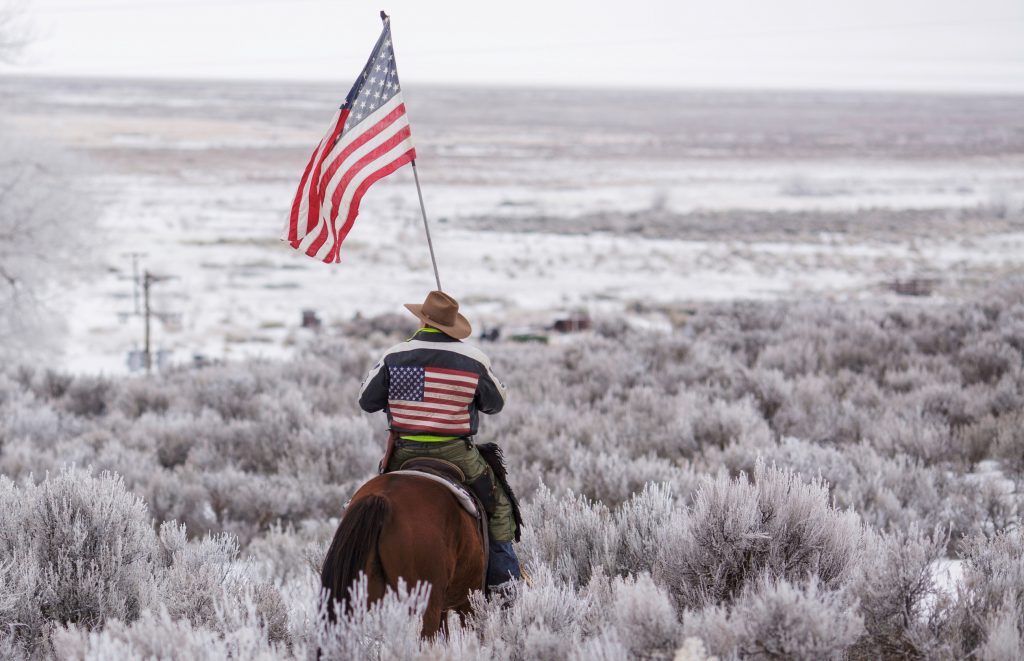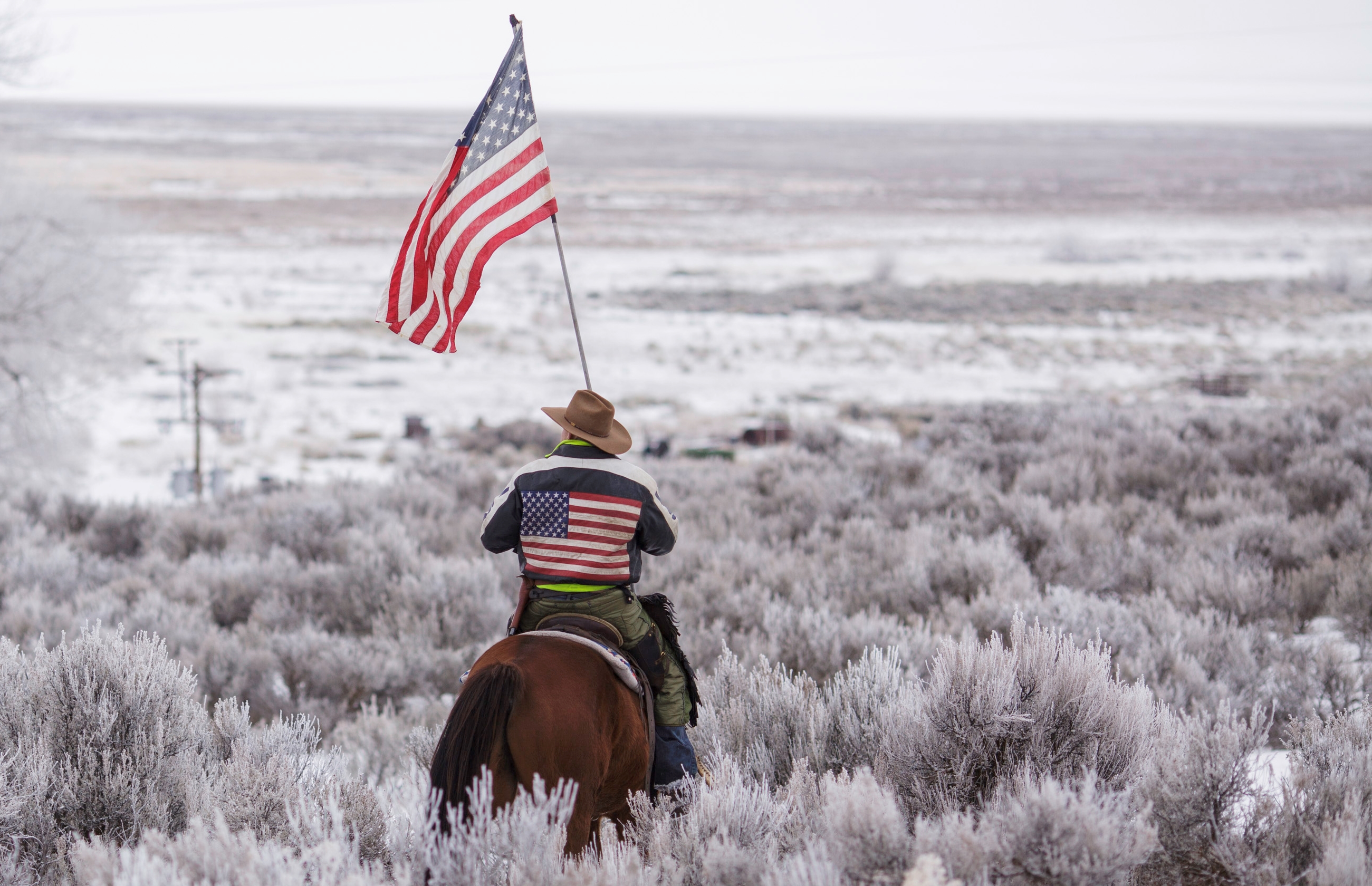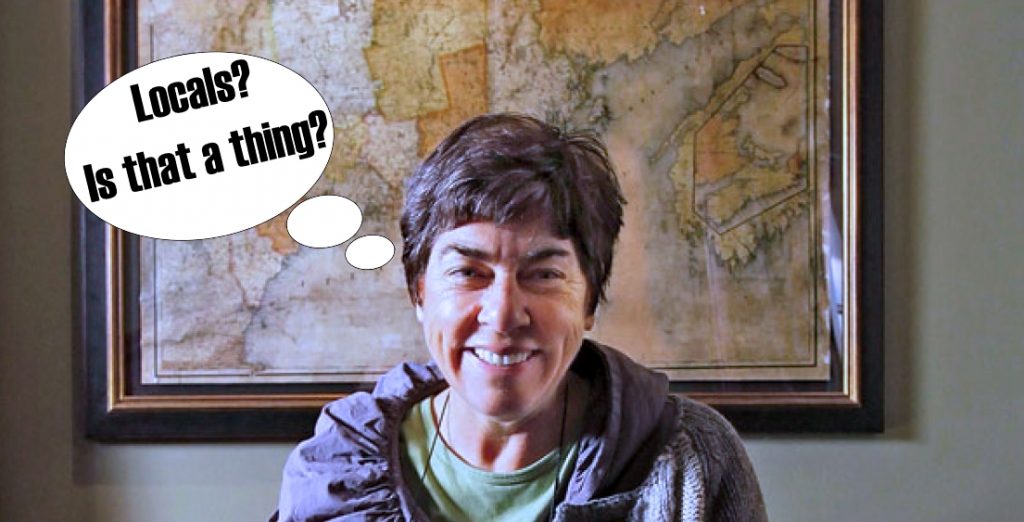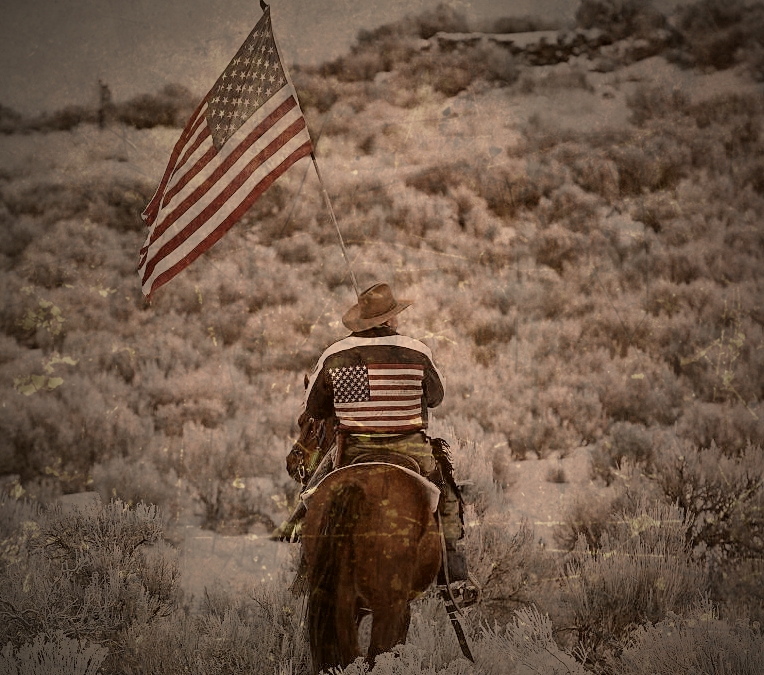Hunt said the agent asked where he got the documents, wanted him to remove his blog posts and hand over the reports he had.
Hunt, who wasn’t charged in the occupation, said the government doesn’t have the authority to control his work because the court’s protective order doesn’t apply to him. The order restricted defendants in the case and their attorneys or defense staff from disseminating the material.
Prosecutors want California man to remove blog posts on FBI informants in refuge occupation
As a second trial looms in the takeover of the Malheur National Wildlife Refuge, federal prosecutors are perturbed that a California man associated with a network of militia groups obtained FBI reports on its confidential sources and has written about them in an online blog.
Prosecutors on Friday asked a judge to order Gary Hunt to immediately remove all material about the confidential sources from his website and prevent him from continuing to share the sensitive information.
The presence of nine informants on the eastern Oregon refuge during the 41-day occupation last winter as well as six other informants who worked on the case for the FBI was revealed during testimony during the first trial of occupation leaders.
Hunt, according to prosecutors, apparently got hold of the FBI reports on the informants that prosecutors gave to defense attorneys as part of their sharing of discovery evidence before trial. The court ordered the reports not be shared with others. Occupation leader Ammon Bundy and six others were acquitted of conspiracy and other charges after a five-week trial that ended Oct. 27.
“Public dissemination of the material produced under this Court’s Protective Order could threaten ongoing investigations and the safety of government confidential human sources, informants or others,” wrote Assistant U.S. Attorney Pamala Holsinger.
Hunt said that an FBI agent contacted him Thursday, handing him a cease-and-desist order signed by Holsinger, chief of the criminal division in the Oregon U.S. Attorney’s Office.
FBI Special Agent Matthew Catalano reached Hunt by phone and requested a meeting. They met at a restaurant near Hunt’s home after the agent assured Hunt he didn’t have a warrant for his arrest, according to a court filing.
Hunt said the agent asked where he got the documents, wanted him to remove his blog posts and hand over the reports he had.
Hunt, who wasn’t charged in the occupation, said the government doesn’t have the authority to control his work because the court’s protective order doesn’t apply to him. The order restricted defendants in the case and their attorneys or defense staff from disseminating the material.
But prosecutors contend Hunt is “illegally in possession of protected sensitive discovery materials in this case” and not authorized to distribute them, according to their motion.
Hunt didn’t comply with the cease-and-desist order within 24 hours, so prosecutors on Friday filed a request for the court to order his compliance.
“I don’t think it has merit,” Hunt said.
Hunt, 70, was a member of the advisory board for Operation Mutual Defense, a network of militias and supporters founded by Ryan Payne, one of the refuge occupation’s organizers. The board was involved in early talks on how to help Harney County ranchers Dwight Hammond Jr. and son Steven Hammond, who were scheduled to return to federal prison on Jan. 4, 2016, for setting fire to public land. Bundy frequently cited protest over the Hammonds’ treatment by the federal government as one of the reasons for seizing the refuge on Jan2.
The advisory board ultimately voted not to support any action in Burns without the Hammond family’s invitation. But Hunt ended up visiting the refuge during the takeover. He went to Burns on Jan. 24, checked into the Silver Spur Motel and drove out to the refuge. On the evening of Jan. 26 after state police shot and killed occupation spokesman Robert “LaVoy” Finicum at a roadblock, Hunt put out a call for supporters to go to the refuge, but retracted it by the next day, he said.
Hunt, who lives in Northern California, has written stories under the heading “Burns Chronicles” on his Outpost of Freedom website.
Hunt quotes from FBI reports on the agency’s 15 informants during the occupation. The 130 reports, spanning 246 pages, were subject to a protective order, and each page contains the printed words, “Dissemination limited by court order,” FBI agent Ronnie Walker wrote in an affidavit attached to the prosecutors’ court filing.
The names of the confidential sources in the FBI reports shared with defense lawyers were redacted.
In one blog post, Hunt surmised that a fellow member of the Operation Mutual Defense’s advisory board was an informant who provided the FBI details from the board meetings and access to the board’s electronic folders containing various documents, Walker wrote in the affidavit.
Hunt said he has written about the informants because he believes that “every defendant has a right to meet his accusers” to prepare their defense. He expects his blog posts might help the second round of defendants charged in the refuge takeover, who are set to go to trial on Feb. 14.
“If the government can get into my records, email and drop box accounts, why can’t we look at their records?” he said.
Hunt has not posted on his blog the FBI records, but has quoted excerpts from them.
In another blog post called, “Informants, What To Do About Them?” Hunt wrote, “The matter of informants, and the government’s efforts to protect the names of those who have snuck into our midst is a denial of justice and to some degree, the Sixth Amendment right “to be confronted with the witnesses against him.”
Walker argued in the affidavit that the identification of informants could put them at risk, noting that some defendants and other people associated with the refuge occupation “have advocated for violence against federal employees, law enforcement, and and/or informants.”
Walker cited comments from an unidentified person caught on a video found on defendant Jason Patrick’s cellphone. They came during a group meeting at the refuge after Ammon Bundy’s arrest. The person said to the group, ” (Let’s) regroup, get in, go find out who works for the Feds and start executing them. Execute them, their families, everyone. … Make it a statement. If you work for those crooked (expletive) you’re going to die.”
U.S. District Judge Anna J. Brown, who presided over the initial Bundy trial and also is handlng the second trial in February, is expected to rule on the prosecutors’ motion. Hunt said Friday he has not obtained a lawyer.
One positive development that may come of this, Hunt said, is that his personal standoff with the FBI may put to rest some speculation that Hunt was an informant for the feds.
Maxine Bernstein




